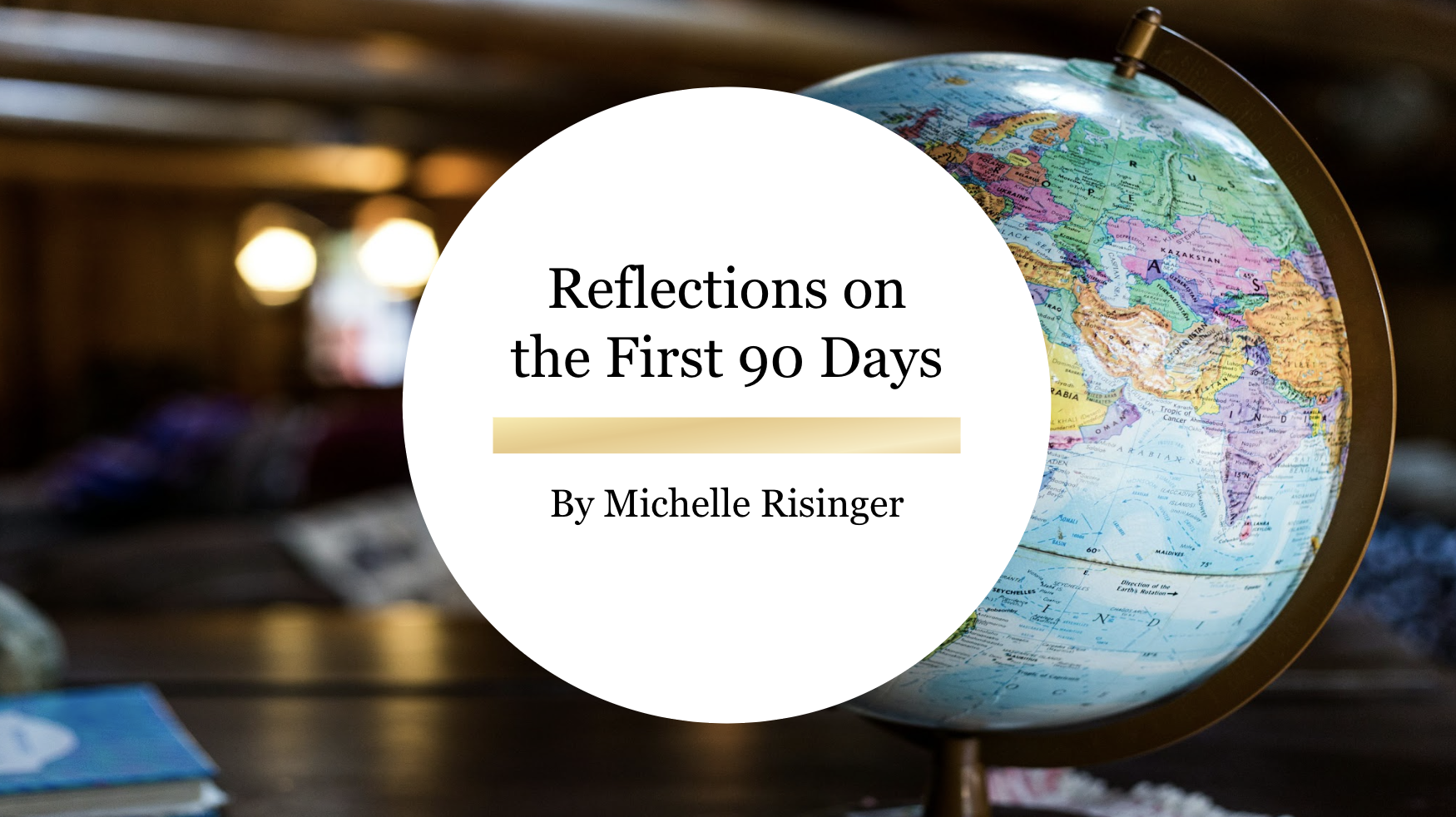Reflections on the First 90 Days
At Rising Solutions, we’ve long stood with the nonprofit sector, not just as strategists, but as fellow change agents committed to justice, equity, and systems change. So we will put it clearly: what the Trump administration did to foreign aid and nonprofit funding in January 2025 was amoral, an intentional unraveling designed to cripple and devastate a sector into shock and submission. This was a targeted dismantling of institutions that, however imperfect, existed to protect the vulnerable, challenge inequity, and build toward a more just world.
And yet.
We are seeing promise arise from the chaos.
We are watching mission-driven organizations become more resilient. More creative. More adaptive. Our clients are taking bold strategic risks they might never have considered under status quo funding models. Some nonprofits are finding financial health and strategic clarity because of the disruption, not in spite of it.
And this raises an uncomfortable, thorny question that I have been ruminating on for weeks:
How do we reconcile the duality that positive change emerges from a harmful situation? Are we complicit in that harm if we adapt to it—or even thrive within it?
It’s a question I’ve been personally wrestling with, and one I believe our sector needs to hold with humility and honesty. Because it cuts to the core of what it means to lead with integrity during moments of collapse and transformation.
Adaptation vs. Resistance
There’s a long-standing belief in social change spaces that adaptation can dilute resistance. That to flex, evolve, or find silver linings in unjust conditions is to concede to them. But what if we reframed that?
What if adaptation is not the absence of resistance but a form of it?
At Rising Solutions, we’ve seen firsthand that adaptability isn’t the same as acquiescence. Our clients aren’t becoming more market-driven because they’ve given up on justice. They’re doing it because surviving is resistance and these changes to government funding have made their passions burn even brighter. Rebuilding smarter, leaner, and more community-anchored isn’t a betrayal of their values but a fierce expression of them.
Still, the duality remains.
There is harm and there is growth.
There is grief and there is momentum.
There is mourning and there is reinvention.
“Duality often involves the presence of contrasting elements, such as light and dark, love and hate, or order and chaos.
These opposing elements exist alongside each other, not necessarily in a state of constant conflict, but rather as complimentary aspects.”
The Both/And of Transformation
As many of us who’ve had careers in innovation understand, transformation rarely happens without disruption. That’s not to say the disruption is justified. But we have to hold space for that duality, that something can be deeply wrong, and yet still yield something new, and possibly even something better.
To deny that growth - for fear it implies endorsement of harm - is to deny ourselves the tools of resilience. But to celebrate the growth without acknowledging the cost is morally bankrupt. We need to do both.
We must name what was lost, even as we step into what is being born.
Questions to Sit With
As we move forward through our company values of empathy, humility and curiosity, these are the questions we’re sitting with at Rising Solutions:
What does it mean to build in a way that honors the losses, while still embracing new opportunities? Growth and grief can live side-by-side. One does not cancel the other out.
How can we center integrity in adaptation? It's not enough to pivot. We must pivot in ways that stay grounded in our purpose, not just our survival.
What systems are we unconsciously reinforcing by the ways we adapt? Are we building toward liberation, or just becoming more efficient within unjust constraints?
There’s no neat resolution to this. No strategy slide or facilitation session that can fully reconcile the paradox. But there is an opportunity here for honesty, for nuanced leadership, and for building a sector that is brave enough to hold both the brokenness and the breakthrough.
We don’t have to pretend it all makes sense.
But we do have to keep showing up. They want us to give up. Embracing the constraints of this new reality is how we fight.






